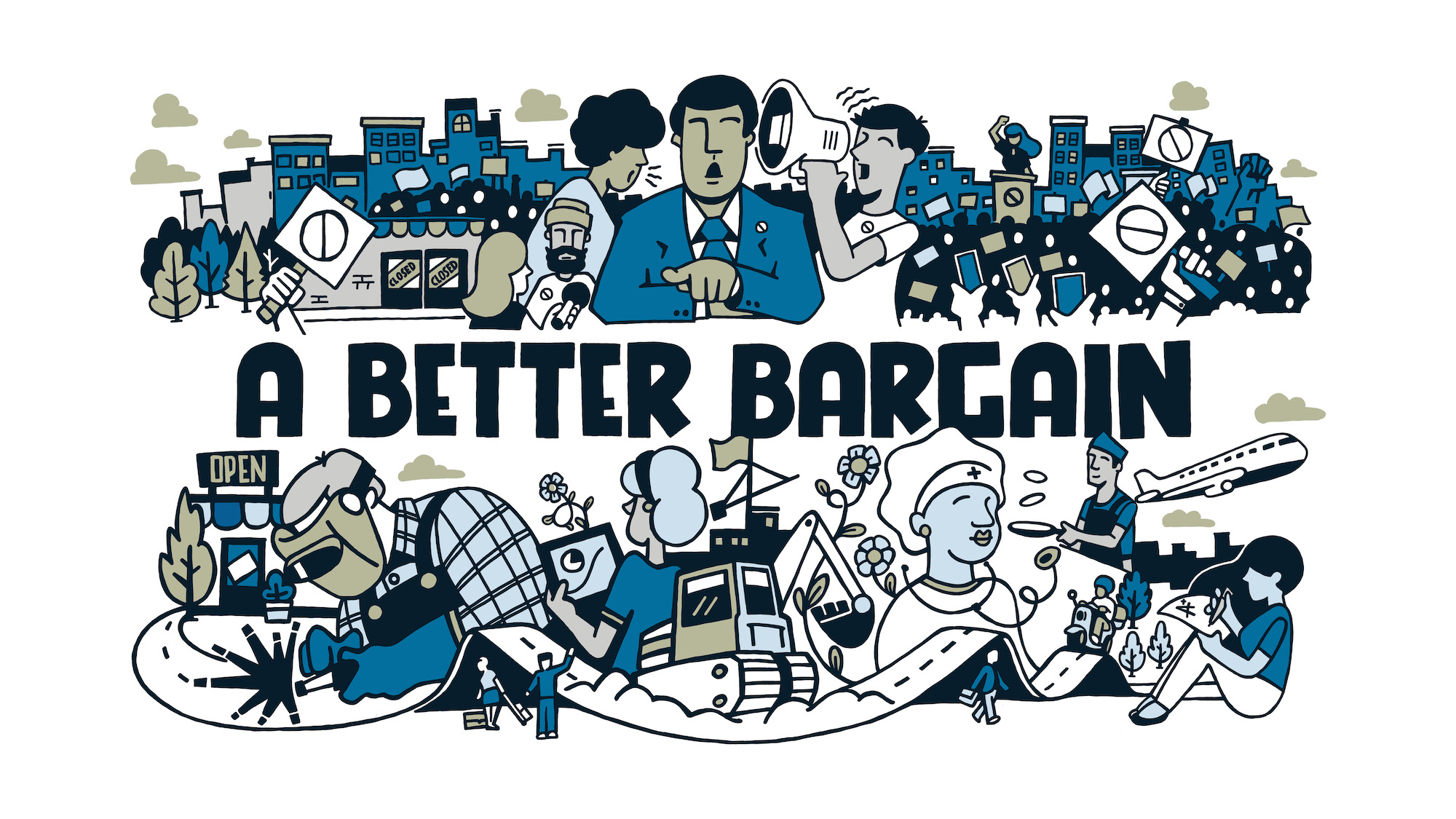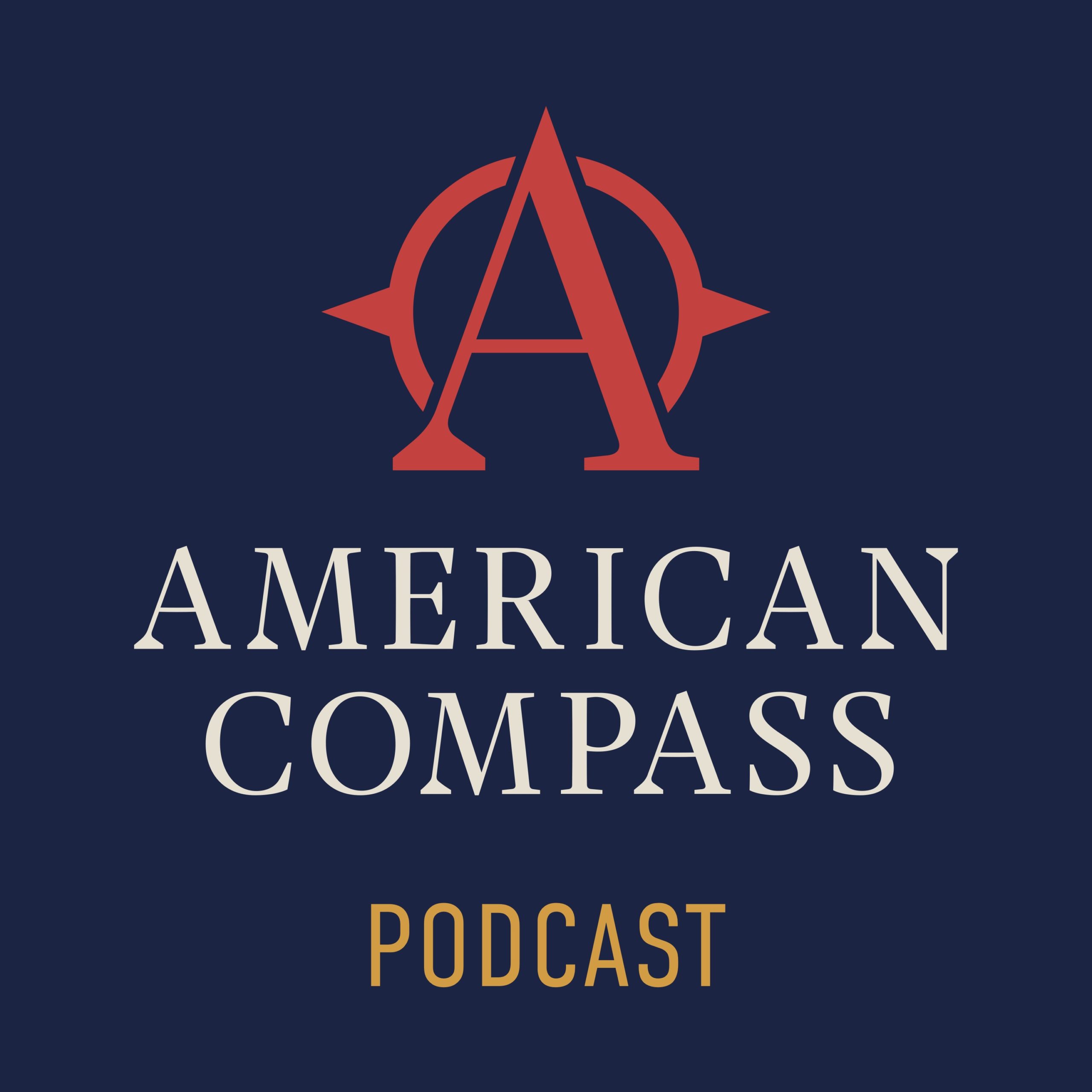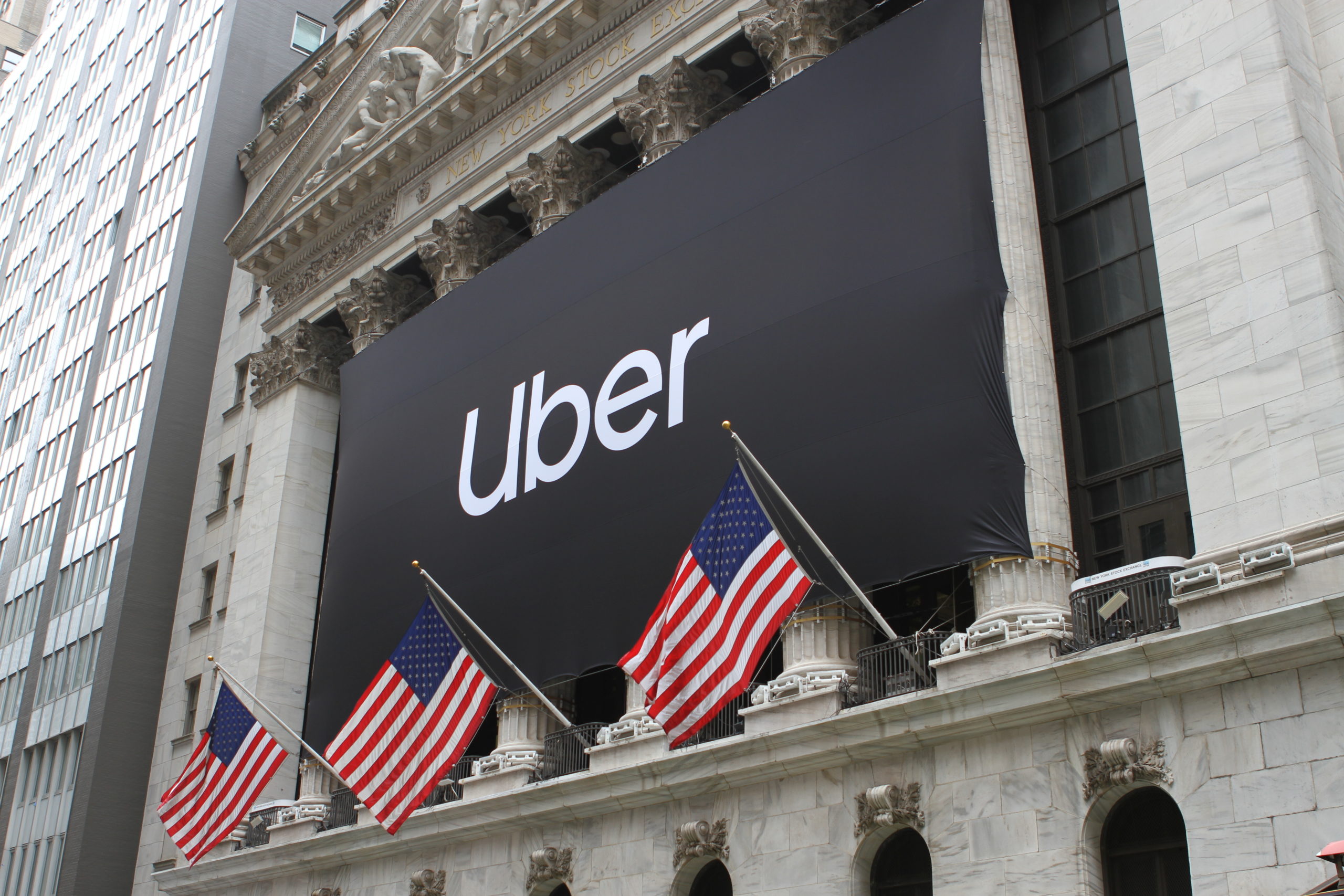

Permit workers to administer their own employee benefits through organizations they control
RECOMMENDED READING
What’s the Problem?
Government administration of public benefits like unemployment insurance is bureaucratic, ineffective, and unaccountable.
Employer-sponsored benefits such as health insurance can lock workers into jobs, reducing their mobility and ability to negotiate wages.
With benefits all managed by employers and the state, workers find few reasons to participate in labor organizations.
Everything Is Done by Someone Else
Workers in the modern labor market have a common interest in the security and flexibility of basic supports. They depend on benefits and services from unemployment benefits to health insurance to training to navigate inevitable market frictions and increase their market value and thus their wages. Americans take for granted that some combination of government programs and employers must provide these supports. But this system works poorly, and benefit providers have little direct accountability to recipients. It gives workers few or no choices in where to turn and locks them into their jobs. And it deprives them of the responsibility and opportunity to build institutions of their own.
What’s the Solution?
Policymakers should implement an American version of the Ghent system, a successful European model that gives workers the option of forming organizations to manage their benefits.
Federal legislation should:
- Remove the National Labor Relations Act’s prohibition on non-union employer-worker collaboration;
- Permit workers to form worker organizations focused on benefits provision and controlled by dues-paying members;
- Allow these organizations to administer benefits with contributions from public benefit programs, private employers, and members; and
- Prohibit these worker organizations from spending money on political activities.
Helping Workers Help Themselves
When asked what activities are most important for a labor organization to perform, American workers rank benefits provision nearly as high as collective bargaining and far above political activism. By a 3 to 1 margin, workers favor a tradeoff in which worker organizations can manage benefits with public and private money but cannot spend on politics.
The Ghent system improves benefits provision because it’s more accountable than either government or employers. When worker organizations don’t do their job, members can fire leadership or join a different one.
Frequently Raised Objections
“This would use taxpayer money to expand the power of left-wing activist unions.”
Only worker organizations that disavow political spending could receive public funds to manage. This would promote the growth of worker organizations focused on their members’ interests rather than national politics, while doing nothing to promote partisan activism.
“This is an expansion of the welfare state.”
A Ghent system would create no new entitlement programs or increases in public spending. These private organizations would administer the same benefits provided today by the government or employers and any new ones would be funded by their members. Worker organizations save money and improve service quality by competing in a free market.
“They will mismanage their budget and therefore taxpayer funds.”
Worker organizations manage funds better than governments because they are accountable to their members. They must also be subject to rigorous public standards. Those that abuse their members’ trust will not only lose membership to competing, more trustworthy worker organizations, but face legal consequences.
Further Reading
Wells King. “A Better Bargain: Worker Solidarity and Mutual Support.” American Compass, 2021. A policy essay outlining the benefits of worker organizations managing worker benefits and training.
Matthew Dimick. “Labor Law, New Governance, and the Ghent System.” University at Buffalo School of Law, 2012. An overview of how the Ghent system operates in Europe.
“Not What They Bargained For: A Survey of American Workers.” American Compass, 2021. A survey that shows workers’ support for innovative labor policy including this proposal.
Corrie Watterson Bryant, Shelby Clark & David Rolf. “Portable Benefits in the 21st Century: Shaping a New System of Benefits for Independent Workers.” Aspen Institute, 2016. An alternate policy proposal for an American version of the Ghent system that emphasizes portable benefits.
Recommended Reading
A Better Bargain: Worker Solidarity and Mutual Support
Straightforward federal reforms could enable state and local governments to partner with new labor organizations in administer portable benefits and sector-wide training.
Talkin’ (Policy) Shop: Worker-Run Benefits
On this episode of Policy in Brief, Oren Cass and Chris Griswold discuss a proposal to allow workers to administer their own employee benefits through organizations they control.
Uber’s New Labor Law: Placation Without Representation
The “gig” may soon be up for Uber. A judge’s ruling that ride-sharing services must treat their drivers as employees has both Uber and Lyft threatening to discontinue service in California, seemingly conceding that their money-losing business model relies not only on the subsidy of endless investor capital but also the legal arbitrage of ignoring the labor laws followed by others.












